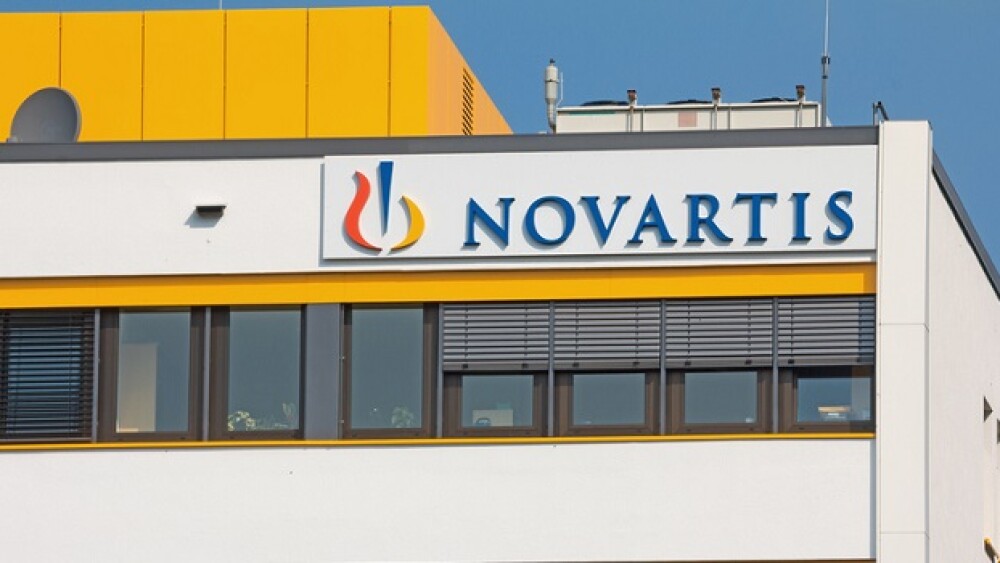CAMBRIDGE, Mass., Sept. 18, 2012 /PRNewswire/ -- Eutropics Pharmaceuticals has signed a contract with the National Cancer Institute through the Small Business Initiative Research (NCI-SBIR) program to develop its proprietary BH3 profiling diagnostic assay for personalized medicine approaches in Acute Myelogenous Leukemia (AML) patient management. The assay provides a biomarker/ diagnostic to help guide the use of several approved therapies for multiple cancer indications and is being tested as a companion test for experimental therapies currently in development. The biomarker provides a unique, functional understanding of cancer cells that indicates if they are capable of responding to certain treatments. This understanding will be important in deciding when to use, or to avoid certain therapies in treating patients. The work funded by this contract will validate early results that indicate the predictive utility of the assay. The technology also provides insights that are useful in the pre-clinical development of new therapeutics. Eutropics is currently working with several leading cancer centers to validate the clinical utility of the assay and expand these studies into clinical trials with pharmaceutical partners in the next stage of the study.
The use of BH3 profiling as a novel diagnostic approach in personalized medicine is consistent with the July 2011 roadmap announcement made by the FDA calling for companion tests that will improve treatment efficacies by selecting appropriate use of targeted oncology therapies based on predictive molecular discriminators. "This award confirms our approach to providing such a test and positions Eutropics to move the technology forward, empowering oncologists with valuable information for providing the most effective care to their patients," said Michael Cardone, Chief Executive Officer at Eutropics.
"There is a very good likelihood that this BH3 profiling technology will provide an important guiding tool for treating AML,"said Dr. Michael Andreeff, Chief of Molecular Hematology at MD Anderson Cancer Center and scientific advisor to Eutropics. "We are all looking forward to its validation in the clinical studies proposed in this contract," he added.
About BH3 profiling
In the area of cancer treatment, understanding, detecting, and controlling mitochondrial function is a critical area of focus. It has become clear over the past twenty years of apoptosis research that events occurring at the mitochondrial surface determine the ability of the cancer cell to respond to apoptosis-inducing cancer therapy. Mitochondria therefore represent a critical node for understanding how to selectively kill cancer cells while preserving non-cancer cells. BH3 profiling can be used to determine if the mitochondria in a cancer cell are preset to commit a cell to death in response to upstream signaling. This understanding identifies if a cancer cell will or will not respond to apoptosis signals. By this understanding, one can predict responses to therapies that either initiate signals upstream of the mitochondria or directly target proteins which regulate apoptosis at the mitochondrial surface. To date, the BH3 profiling assay has proven highly effective at identifying when certain apoptosis-inducing therapies will or will not be effective, both in cancer cells in vitro and in cancer patients.
About Eutropics Pharmaceuticals
Eutropics Pharmaceuticals is using a new biomarker/companion diagnostic to help guide the development and use of cancer therapies. The biomarker provides a unique understanding of cancer cells that is important in the pre-clinical development of experimental drugs and will be important in the later stages of their development, including the development of Eutropics' first in class anti-cancer therapeutic compound that targets the apoptosis regulating protein Mcl-1. BH3 profiling also has utility as a predictive diagnostic assay for therapies currently in use to treat multiple myeloma, AML, and CLL, and will have wider oncology applications. The BH3 profiling technology seeks to displace current treatment paradigms by developing predictive clinical tests that may be used to identify when a particular therapy is or is not likely to be effective in a particular patient. This personalized medicine approach will result in more effective treatments and reduce unnecessary suffering. The company is supported by private investors, grants and contracts from the National Cancer Institute (NCI), and funding from the State of Massachusetts.
SOURCE Eutropics Pharmaceuticals




